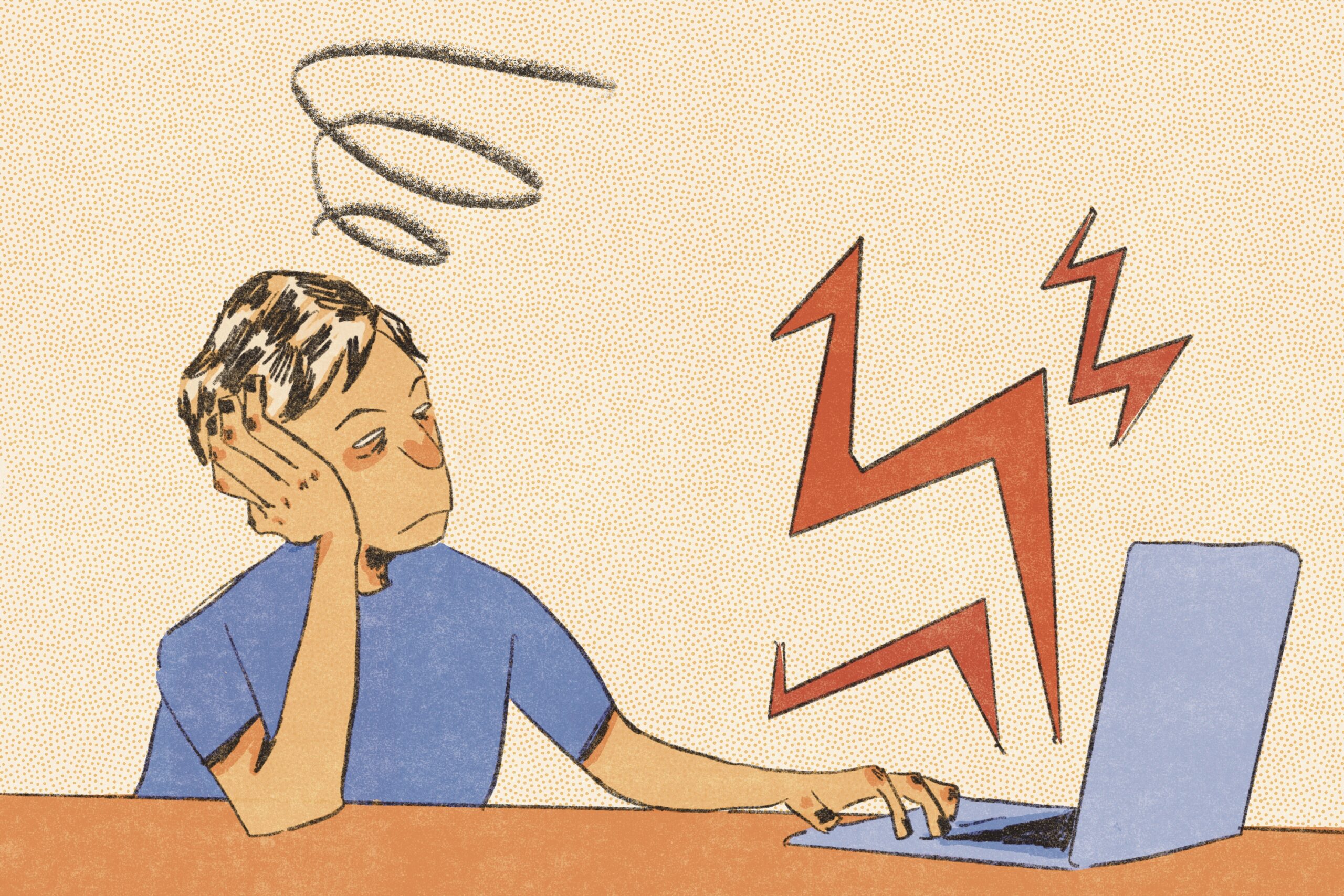Working a job in 2023 doesn’t have the same image as it once did. After COVID-19 lockdowns, most individuals have worked remotely or started their own businesses. The traditional image of quitting a job often involves dramatic scenes, heated arguments, or a formal resignation letter handed to the boss. However, in recent years, a subtler but significant workplace revolution has been quietly gaining momentum. This phenomenon is known as “silent quitting” or “job ghosting,” and it is changing the way employees make great escapes from their jobs.
We will explore what silent quitting is, its causes, and the potential impact it has on the modern workplace.
What is Silent Quitting?
Silent quitting is a workplace phenomenon where employees disengage from their jobs, yet they continue to show up for work physically. Essentially, they become emotionally and mentally detached from their roles, decreasing productivity, motivation, and overall job satisfaction. While they may appear to be present, they are absent regarding genuine commitment and enthusiasm.
For example, let’s say someone works at a front desk job they hate. Most likely, they are filling out job applications. They are mentally checked out of a job, and they’re not even hiding from themselves that they don’t want to be there.
Causes of Silent Quitting
Employees often quit silently when they feel their contributions and hard work go unnoticed or unappreciated by their superiors. Low or stagnant salaries can lead employees to disengage from their roles, as they feel their efforts are not adequately rewarded. When employees perceive limited room for career advancement, they may become disinterested in their current positions.
An overwhelming workload and a lack of flexibility can erode job satisfaction and lead to silent quitting. As mentioned in the Winds of Change article, “Is Your Team Quiet Quitting?,”, recent studies have shown that there is a decline in employee retention rates due to a lack of clear expectations, boundaries and professional growth on a job. Jobs that do not offer opportunities of professional growth promotes a culture of “job hopping.”
What is Job Hopping?
Job hopping is nothing new, but it wasn’t celebrated in the past. If you were a job hopper, you were considered an aloof, unreliable employee who could leave at any moment. In the direction work culture is going into, I would argue that most of America has either become a job hopper or will due to inflation. In the Forbes article, “Why Job Hopping Is Going To Continue For The Foreseeable Future,” career writer Caroline Castrillon discusses inflation and how that will affect how people will treat jobs in the future.
Castrillon writes:
“Job hopping is much more common—especially following the pandemic. As a result, frequent job change is less stigmatized. Recruiters recognize that younger employees are more entrepreneurial. […] When salaries don’t keep up with inflation, anxious employees hunt for higher-paying jobs. […] Job-hopping beat inflation for 49% of job hoppers in 2022, based on a new Federal Reserve Bank of Atlanta report. Among those who remained with their employer, only 42% got inflation-beating raises.”
It is unfortunate that in today’s world, to receive a raise, you must quit a job and find a new one.
Employers don’t realize, the monster they are most scared of is a monster they are creating. Too many industries are not being paid enough and Gen Zers and Millennials are creating our own lane as it concerns careers and jobs.
I met a woman on a plane who had attended law school but wasn’t practicing law. We talked for a little, until she told me “degrees don’t get you the job; it’s about your interest and work ethic.” She said her niece went to school for physics, engineering, or another challenging subject. She is now a content creator making more money than what she possibly would’ve made as a physicist or engineer.
I will never forget this interaction. It helped me understand things in my own career. Here was this elegant, cool, woman with a law degree and not practicing. She was content in what she was doing in her life.
The Impact of Silent Quitting
Silent quitting can have far-reaching consequences for both employees and organizations. :
Disengaged employees are less productive, impacting the overall performance of the organization. According to Castrillon, while employees may not formally quit, they often seek alternative job opportunities, leading to higher turnover rates. The presence of silently quitting employees can create a hostile atmosphere in the workplace, affecting team morale and productivity. It may affect your financial stability if you don’t have another job lined up to hop to.
Considering the state of our present-day economy, you might want to wait til you have another job lined up. But, as Castrillon writes, “[w]ith 40-year high inflation rates and a skyrocketing cost of living, it’s no wonder more employees are open to changing jobs.”
Silent quitting is a subtle but significant phenomenon quietly reshaping the modern workplace. Recognizing the signs and addressing the root causes of “silent quitting” can help organizations improve employee engagement, productivity, and overall job satisfaction.
By creating an environment where employees feel appreciated, supported, and aligned with the company’s values, businesses can turn the tide and foster a more positive and productive work culture.

















